On June 4, India will release the official results of its 2024 parliamentary elections, bringing this six-week saga to a close. India’s elections are the largest democratic exercise in world history, with nearly a billion registered voters participating.
India has been a democracy since its independence from Great Britain in 1947. Its constitution, which came into effect on January 26, 1950, is the world's longest and draws inspiration from Britain, Ireland and the US.
Fundamentally, India’s system of government is based on the British Westminster model. The Parliament of India has two houses, the Rajya Sabha (House of the States) and the Lok Sabha (House of the People). The former is elected by state legislatures and is the upper house while the latter is elected directly by the people. The prime minister of India must command the support of the majority of the members of parliament (MPs) in the Lok Sabha just as the British prime minister has to command a majority in the House of Commons.
Sometimes, one party has commanded a full parliamentary majority. At other times, the largest party formed government by forging a coalition. Sometimes, larger parties support smaller parties but did not join the government. In this “outside support” tactic, the smaller parties’ leaders become prime ministers or state chief ministers. This experiment is unique to India.
How does a party “win” the Lok Sabha elections?
India is a large, vibrant, rambunctious democracy. After independence, numerous observers predicted that this poor, inexperienced country would fall into authoritarianism. India defied them all. Even under the Indira Gandhi government — India’s closest experience with Soviet-inspired one-party rule — multiparty elections continued.
Related Reading
This vast nation is divided into 543 constituencies, each of which elects one Member of Parliament (MP) to the Lok Sabha. To become prime minister, a leader must have the support of 272 MPs. Thus, either one party must win 272 seats or it must find enough coalition partners to make up the magic number.
Like British parliamentary constituencies and US congressional districts, Indian constituencies use the first-past-the-post system. In this system, there is only one round of voting, and the candidate with the greatest number of votes wins, regardless of whether the candidate secures 50% of the votes. This means that if many parties fight for one seat, the candidate who gets the highest votes wins. The victor just needs one vote more than the runner-up. In 2019, the BJP won a thumping majority by winning 37.36% of the national vote. Every winning party has fallen short of the 50% vote share, including the fabled post-independence Jawaharlal Nehru-led Indian National Congress (INC).
India’s elections are largely freely and fair. In the past, violence was common during elections, as was voter intimidation. Booth capturing, a practice where goons of candidates captured voting booths and stuffed ballot boxes, was part and parcel of Indian elections. No longer is such behavior acceptable to a much more informed and assertive electorate.
The Election Commission is autonomous. It takes charge when elections are announced. Many polling booths are set up in constituencies so that people can vote in their own neighborhoods. Workers from all political parties are present at polling booths. They check both the voter list and the integrity of the process. In contrast to earlier times, when one person could stamp many votes, electronic voting machines (EVMs) have to reset each time after someone votes. In the 1990s, T.N. Seshan brought in reforms that have made elections a lot fairer than in the past.
Those who cast doubt on EVMs forget that even Indira Gandhi did not find it easy to tamper elections. The size and scale of the Indian electorate make it very difficult for anyone to rig the elections. Even in 1977, Indira Gandhi lost the elections even though she had imposed the “Emergency” and was a de facto dictator.
Indian elections are a lot cleaner than before
Many in the Indian opposition are seeking answers that explain their poor performance. They might be convinced that they merit more votes. In India, politicians tend to have big egos and cannot accept that either their performance or positioning might be lacking. So, they conjure up conspiracy theories to explain poor election results.
In part, Modi’s ascent is thanks to Seshan’s reforms and the EVMs. In the poorer parts of the country, people did not even turn up to vote. They were afraid of retribution. The Election Commission deployed police forces from other states to conduct elections, and this boosted confidence in the election process.
This increased confidence has allowed leaders like Modi and Arvind Kejriwal, the leader of the relatively new Aam Aadmi Party (AAP), to emerge. Aam aadmi literally means “the common man.” Both the BJP and the AAP have leveraged technology and, like new businesses, have demonstrated more energy than the legacy business of the INC.
Since the start of Indian democracy, black money has played a role in the elections. A colorful and powerful politician remarked a few decades ago that elections were all about money, muscle power and mass appeal. The second of the two factors has declined, but the first still matters. Now, candidates are no longer giving money in sacks to journalists, student leaders, mullahs, temple priests et al.
These intermediaries no longer matter. They cannot turn out the vote for any party. So, they do not get any money. Today, parties spend money on private jets, helicopters and hotel rooms during political campaigns. Just like the US, money is the oxygen every party and candidate needs to campaign. Unlike the US, this money comes in the form of cash. Businesses with cash such as real estate firms, lotteries and liquor chains paid political parties “off the record, on the QT and very hush-hush.”
That is why electoral bonds came into being. The argument for these bonds was that they would formalize campaign finance. They would be anonymous so that businesses would be safe from retribution for donating to one political party. Yet the Supreme Court struck down this measure. The argument of the court is that companies buying these bonds secretly casts a doubt on the integrity of the election process. Indians have a right to know who is financing their parties.
The role of money in politics has led to allegations of crony capitalism. Businessmen back politicians who then favor them in a quid pro quo. In manufacturing, real estate and many other businesses, this shadow system prevails. In India, the capitalist class participates in the political process and spreads their bets. India does not quite have the Southeast Asian-style crony capitalism that we see in countries like Indonesia. Indian politics is far more fragmented.
The views expressed in this article/video are the author’s own and do not necessarily reflect Fair Observer’s editorial policy.



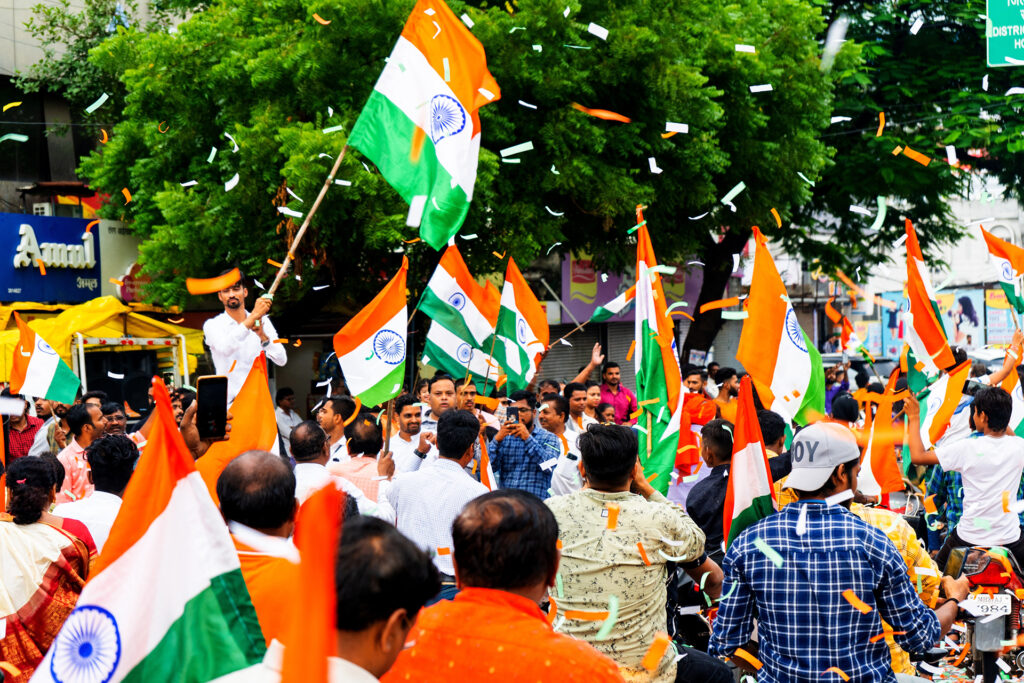
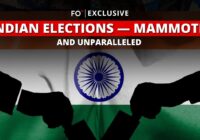
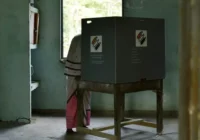




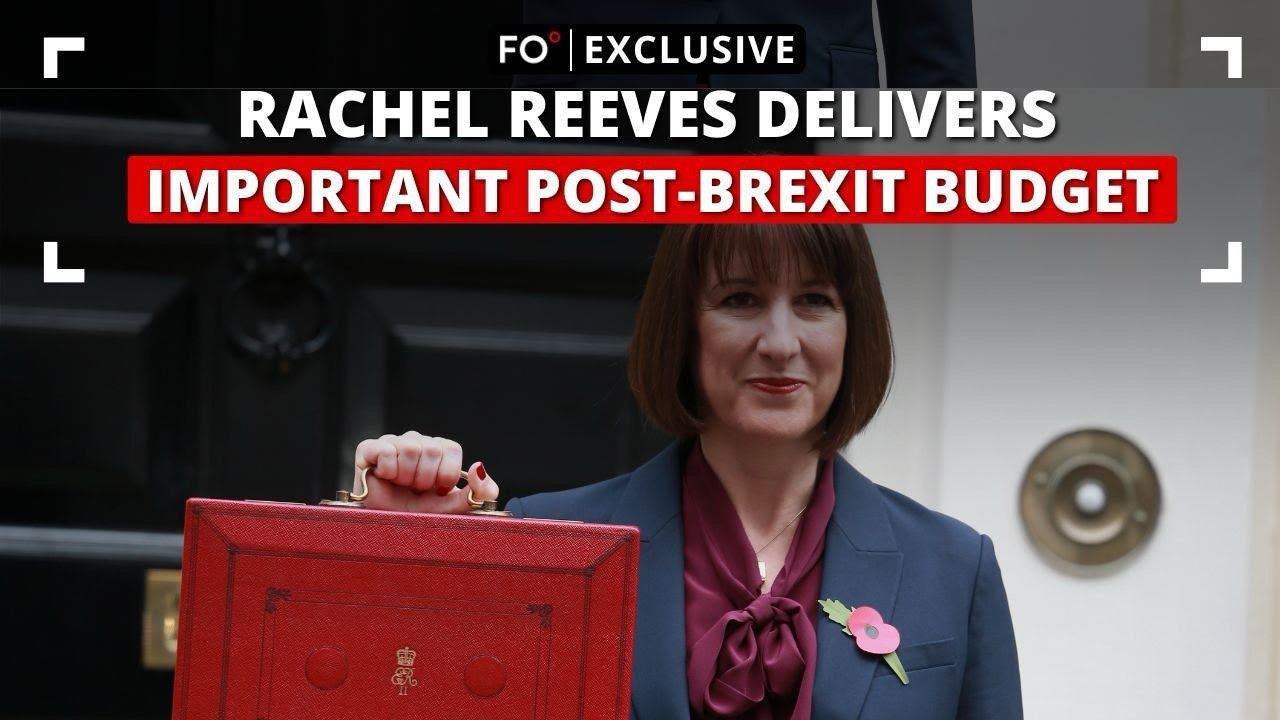

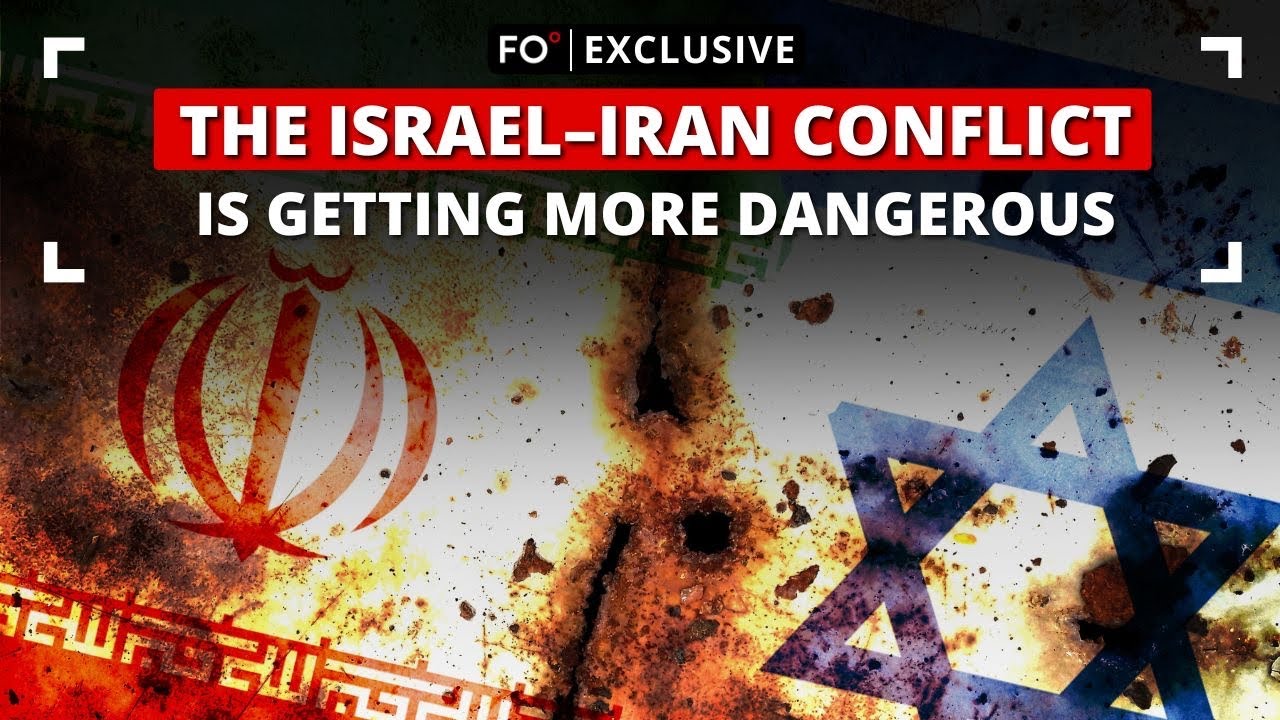








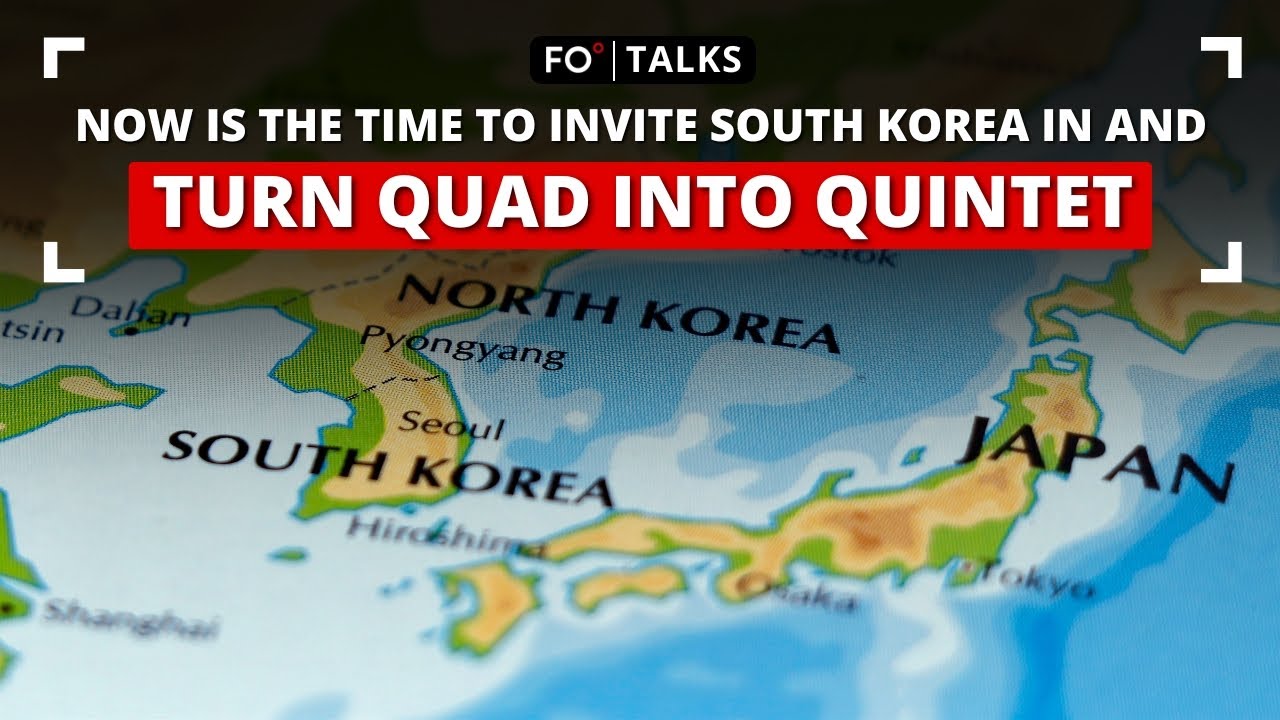














Comment